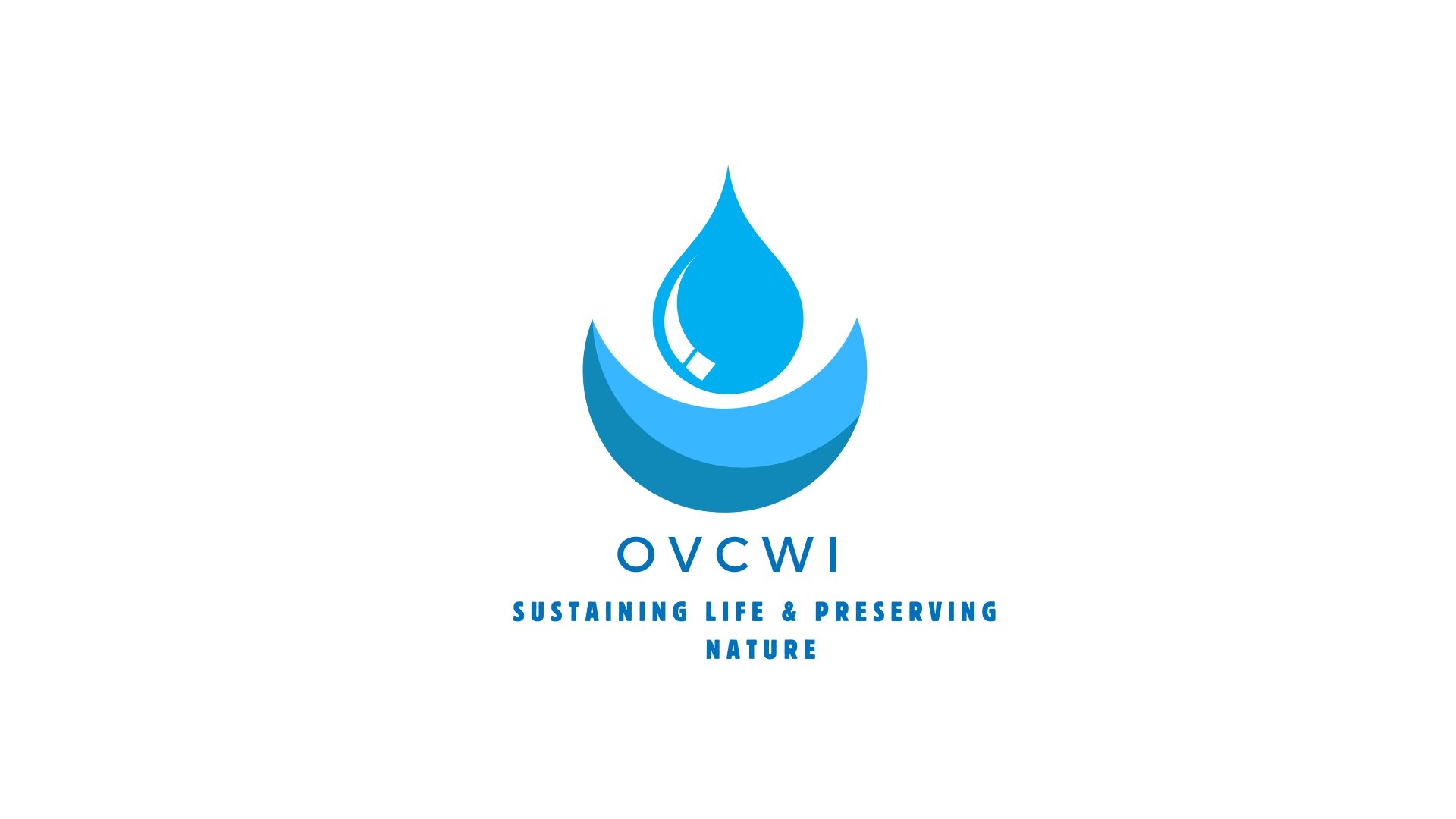The Omo Valley in Ethiopia is home to many indigenous communities who have been struggling with a lack of clean water for decades. Due to a combination of drought, pollution, and the effects of climate change, the communities in this region have been facing a constant struggle to access clean and safe drinking water. This issue has had a significant impact on their health, education, and overall quality of life.
In the face of this crisis, The Omo Valley Clean Potable Water Initiatives (OVCWI) organization has stepped forward with a mission to provide sustainable and clean drinking water to the communities in the Omo Valley. This organization aims to not only solve the immediate issue of water scarcity but also to implement long-term solutions that will ensure access to clean water for generations to come.
The OVCWI understands that to successfully achieve its goal, it needs a well-planned strategy and support from various stakeholders. Here are some of the steps and plans that OVCWI can implement to start working in the Omo Valley region and achieve the goal of providing clean potable water to the communities.
1. Building Partnerships and Collaborations
The success of any project in a community depends on the support and cooperation of local authorities and community leaders. Therefore, the first step for OVCWI would be to build strong partnerships and collaborations with the local government, community leaders, and other organizations working in the region. These partnerships will not only facilitate the smooth functioning of the project but also ensure that the solutions are sustainable and tailored to the needs and cultural practices of the communities.
2. Conducting a Needs Assessment
Before implementing any projects, it is crucial to conduct a thorough needs assessment to understand the specific needs, challenges, and resources of the communities. This assessment will help OVCWI to determine the most suitable and sustainable solutions for providing clean drinking water in the region.
3. Implementing Interventions
Based on the needs assessment, OVCWI can then implement short-term and long-term interventions to address the water scarcity issue. This can include the installation of water filtration systems, rainwater harvesting systems, drilling boreholes or wells, and other appropriate solutions.
4. Community Engagement and Education
Community engagement and education are crucial for the success and sustainability of any project. OVCWI should actively engage with the local communities and educate them about the importance of clean water, proper hygiene practices, and maintenance of the water infrastructures. This will not only ensure the proper usage of the facilities but also empower the communities to take ownership of the project.
5. Monitoring and Evaluation
Continuous monitoring and evaluation of the project will help OVCWI to determine its impact and make necessary adjustments for improvement. This will also help to ensure the sustainability of the project in the long run.
Plans based on Donations
Donations from generous individuals and organizations can play a significant role in helping OVCWI to achieve its goal. Here are some ways in which the donations can be utilized for the project:
1. Infrastructure and Equipment
Donations can be used to purchase and install necessary infrastructure and equipment, such as water filtration systems, borehole drilling equipment, and water storage tanks.
2. Maintenance and Sustainability
A portion of the donations can be allocated for regular maintenance and repairs of the water facilities, ensuring the project’s sustainability.
3. Education and Community Engagement
Donations can also be utilized for community engagement and education programs to raise awareness about the project and promote healthy water practices.
4. Project Expansion
As the project progresses, expanding and implementing more solutions may be needed to serve a larger population. Donations can be used to expand the project to reach more communities in need of clean drinking water.
Conclusion
The Omo Valley Clean Potable Water Initiatives organization has a challenging but critical task ahead. However, with a well-planned strategy and support from various stakeholders, we can make a significant impact and provide clean drinking water to the communities in the Omo Valley. Through partnerships, needs assessment, proper interventions, community engagement, and donations, OVCWI can successfully achieve its goal and bring clean water to those in need. Our efforts will improve the immediate health and well-being of the communities and contribute towards the sustainable development and prosperity of the region.
OVCWI


